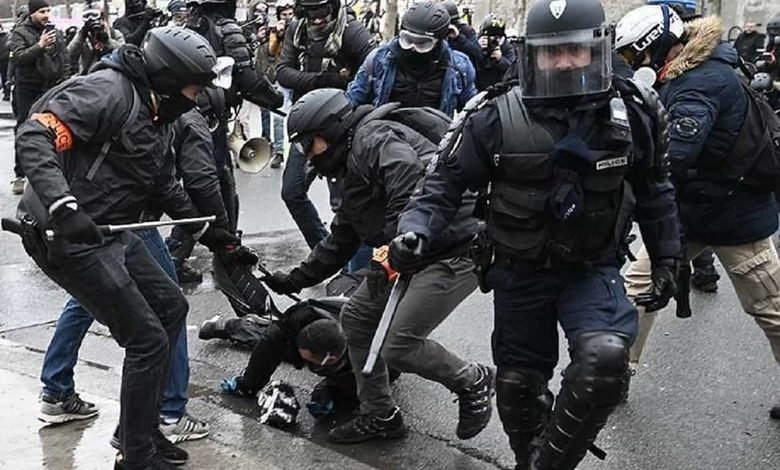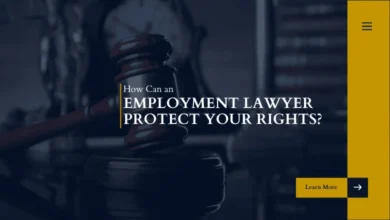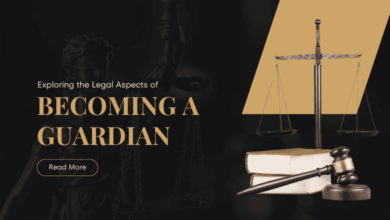
Law enforcement is supposed to help ensure the safety of everyone in the jurisdictions they cover. The vast majority of police officers do a great job at this, but there are instances where your rights are infringed upon, and this becomes a civil rights violation issue. When it happens, the best thing is to seek the advice of a lawyer because you may be entitled to compensation if your rights have been infringed upon. But, before contacting a lawyer, you should understand what constitutes police brutality.
False Imprisonment
The two conditions for an arrest are probable cause or an arrest warrant issued against a person. False imprisonment happens when a law enforcement officer arrests you without these conditions being met.
Probable cause applies when a police officer witnesses a crime, has enough reason to believe a person has committed a crime, or believes someone will commit a crime in the future. Probable cause applies if the police acted accordingly based on information they had at the time of the arrest, even in cases where they may be proven wrong.
There are numerous conditions under which an arrest warrant might be issued, the most common one being the police having enough information that someone has committed a crime. It can also be issued if there is probable cause.
Use of Excessive Force
Police officers are instructed and trained to use an amount of force warranted by the situation. The amount of force used should help accomplish their duties without infringing upon the rights of the citizens.
Use of excessive force hinges on how the suspect reacted when confronted by a police officer and how the police officer responded to the situation. For example, the amount of force used in case of a domestic dispute will be different from one applied when arresting a violent person.
Additionally, police may justifiably use additional force if they believe the suspect poses a serious and immediate risk to the police officers or others.
The reasonable use of force argument cannot be used in case the police officer strikes or hurts an unarmed person, a non-threatening individual, or one following all the instructions issued to them. Use of force should cease as soon as the suspect is subdued or restrained.
The use of excessive force is a serious issue in many communities, and it can happen to anyone. If it happens to you, it would be best to get in touch with a police brutality lawyer to see what actions to take.
Malicious Prosecution
Even after you have been arrested on suspicion of a crime, criminal proceedings should not start if the police officer does not have reasonable proof supported by substantive evidence you committed a crime. These types of cases often end with the victim not being prosecuted, mainly due to a lack of evidence.
Malicious prosecution suits are meant to protect you from the cost associated with defending yourself, embarrassment, emotional stress, and other issues related to being arrested.
Police brutality is a serious issue because of how much damage it can do. A major problem is that there is so much subjectivity on what constitutes things like reasonable suspicion or excessive force. If your rights have been violated by a police officer, it is best to get in touch with a lawyer to see what recourse is available for you.






